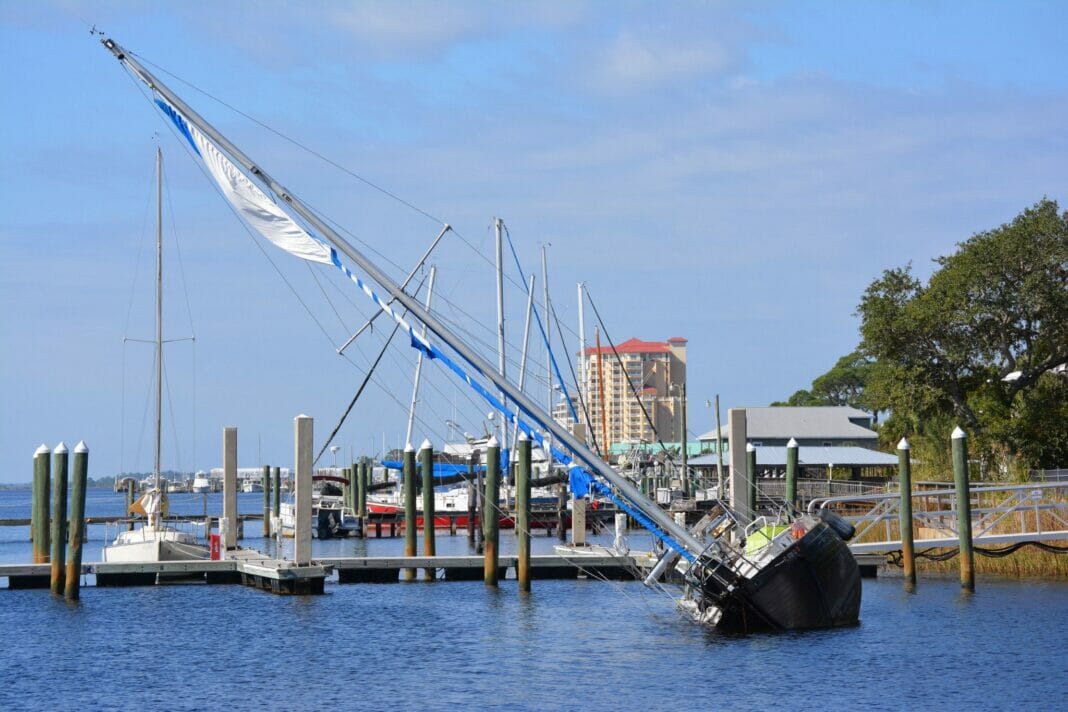Boating is a popular recreational activity for relaxation, adventure, and fun. However, it also comes with risks that can lead to accidents on the water. According to the U.S. Coast Guard, 4,145 boating accidents occurred in 2021, resulting in 613 deaths, 2,559 injuries, and approximately $40 million in property damage. Hence, it is important to discuss the necessary precautions and emergency response actions in preventing and responding to boating accidents. This comprehensive guide covers the essentials for maintaining safety on the water, with topics like pre-departure checks, safe boating practices, and emergency response procedures.
Pre-Departure Checks
Be Prepared
-
Ensure proper boat maintenance: Make sure your boat is in good working condition, with engine and electrical systems checked regularly.
-
Have safety equipment: Ensure all required safety equipment is on board and functional. This includes life jackets, fire extinguishers, flares, VHF radios, and first-aid kits.
-
Check on weather conditions: Always check the weather forecast before heading out on the water to avoid hazardous conditions.
Know Your Boat
-
Understand your boat’s capabilities and limitations: Familiarize yourself with the features of your boat, including its stability, engine power, and the capacity of the fuel tank.
-
Take a boating safety course: Boating safety courses can provide invaluable information on boat handling, navigation, safety equipment, and emergency procedures.
Safe Boating Practices
Stay Alert and Avoid Distractions
-
Keep a proper lookout: Always be aware of your surroundings, including other boats, swimmers, and potential underwater hazards.
-
Avoid alcohol and drugs: These substances impair judgment, reaction time, and coordination, leading to a higher risk of boating accidents.
Safe Speed and Navigation
-
Follow speed limits: Adhere to speed limits and no-wake zones to ensure the safety of other boats, swimmers, and marine life in the area.
-
Understand navigation rules: Learn and follow the basic “rules of the road” for boating to avoid collisions and other accidents.
Life Jacket Use
-
Wear your life jacket: According to the U.S. Coast Guard, 86% of drowning victims in 2021 were not wearing a life jacket.
-
Provide proper fitting life jackets for all passengers: Ensure each person on board has a life jacket that fits well and is in good condition.
Emergency Response Procedures
Man Overboard
-
Alert the crew: Immediately notify other crew members of the situation.
-
Keep the victim in sight: Assign someone to keep their eyes on the person in the water.
-
Approach the victim: Turn off the engine and take the necessary steps to reach the victim, either by moving the boat closer or deploying rescue equipment.
Capsizing or Sinking
-
Stay with the boat: If the boat remains partially afloat, cling to it. It offers better visibility for rescuers and helps conserve energy.
-
Use life jackets and other flotation devices: Life jackets and flotation devices will help you stay afloat until help arrives.
Fires on Board
-
Identify the source: Determine the fire’s origin to assess the severity.
-
Use a fire extinguisher: Utilize the appropriate fire extinguisher for the type of fire, aiming at the base of the flames in a sweeping motion.
-
Evacuate and call for help: If the fire is uncontrollable or you’re unsure of the severity, move to a safe spot and radio for help.
Conclusion
Having a foundation of safe boating practices and emergency response procedures can make a significant difference in preventing and responding to boating accidents. By following pre-departure checks, maintaining situational awareness, and acting appropriately in emergency situations, boaters can contribute to a safer environment for everyone on the water.


